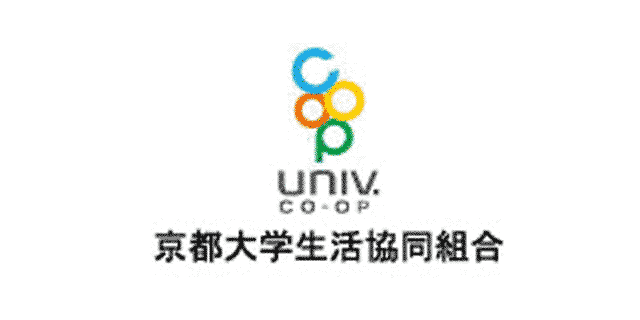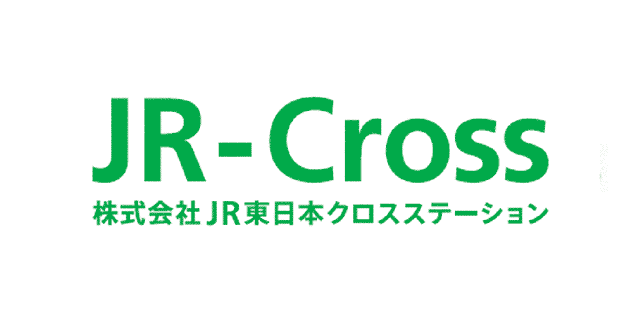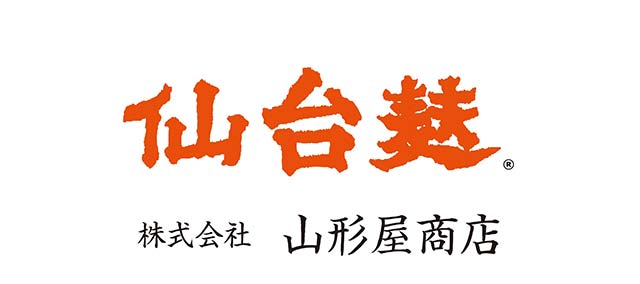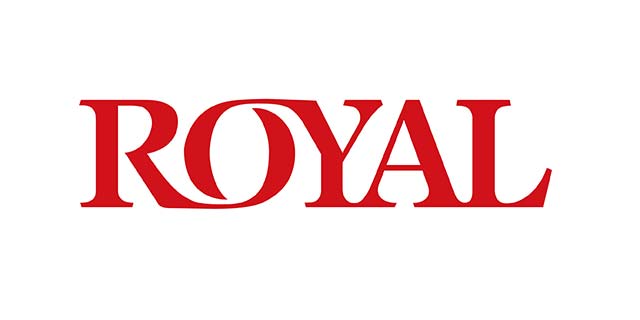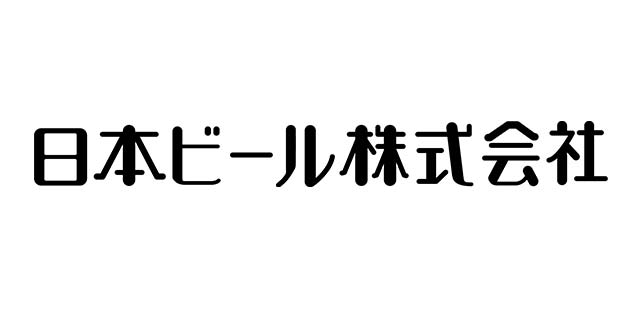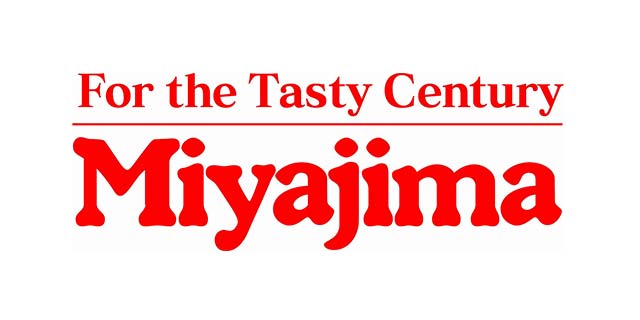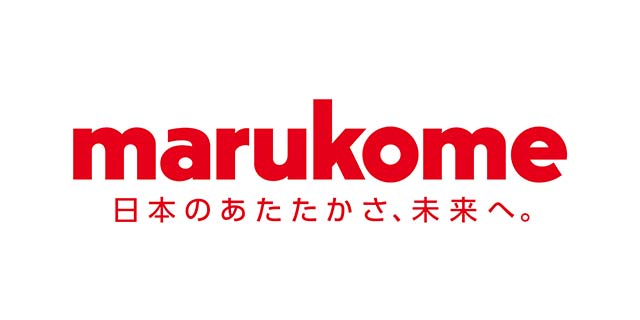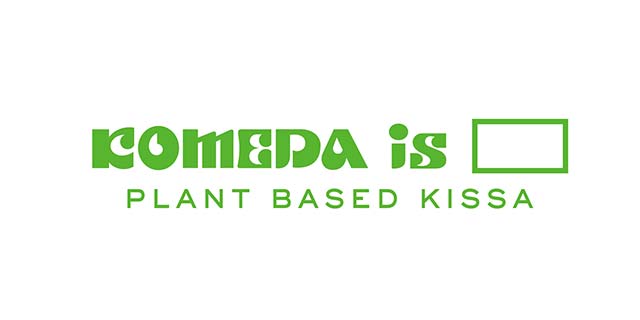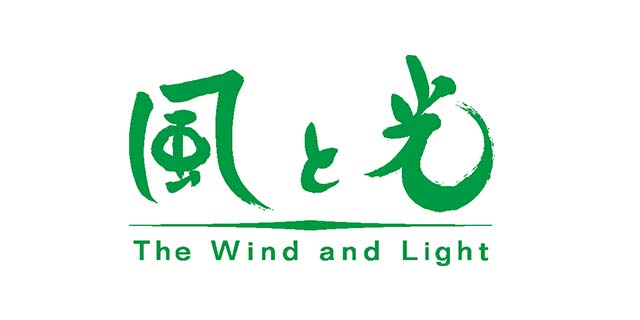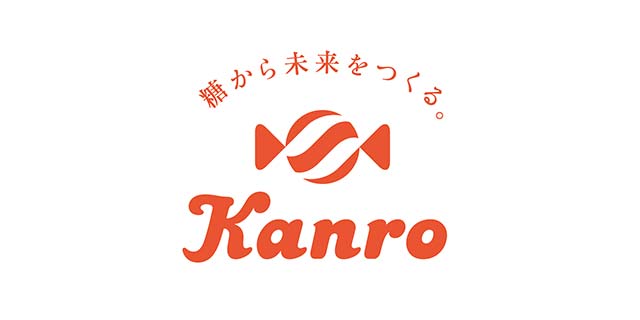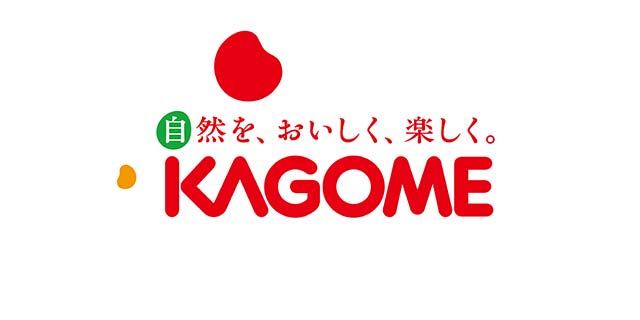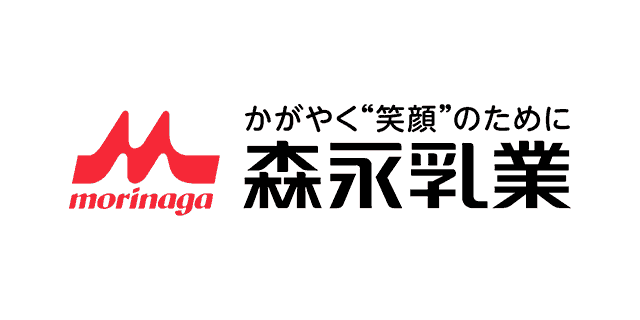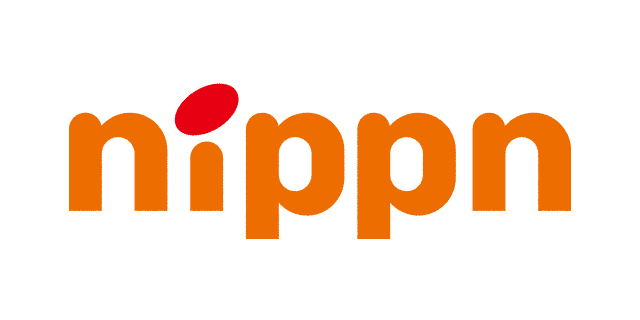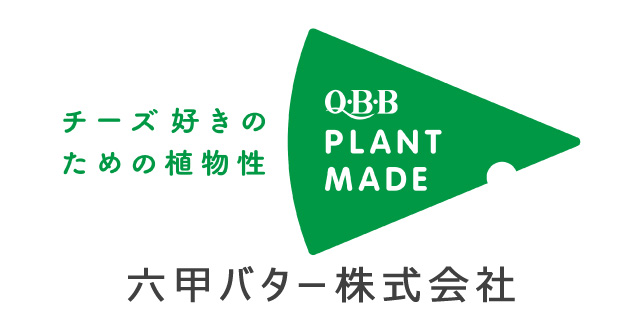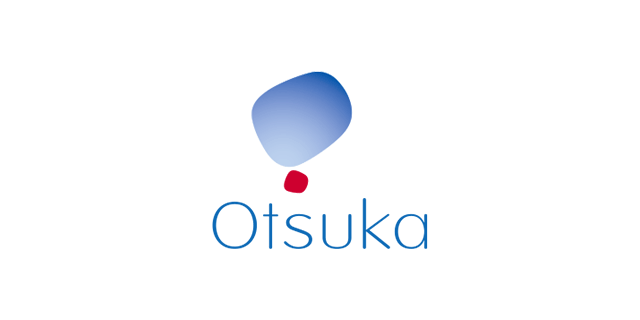

Our organization provides certification for companies that manufacture vegetarian or vegan products, as well as restaurants that offer vegan options in their menu.
The objective of our organization is to create an environment where vegetarian and vegan options are readily accessible.
There are three marks we use in our certification as seen below.
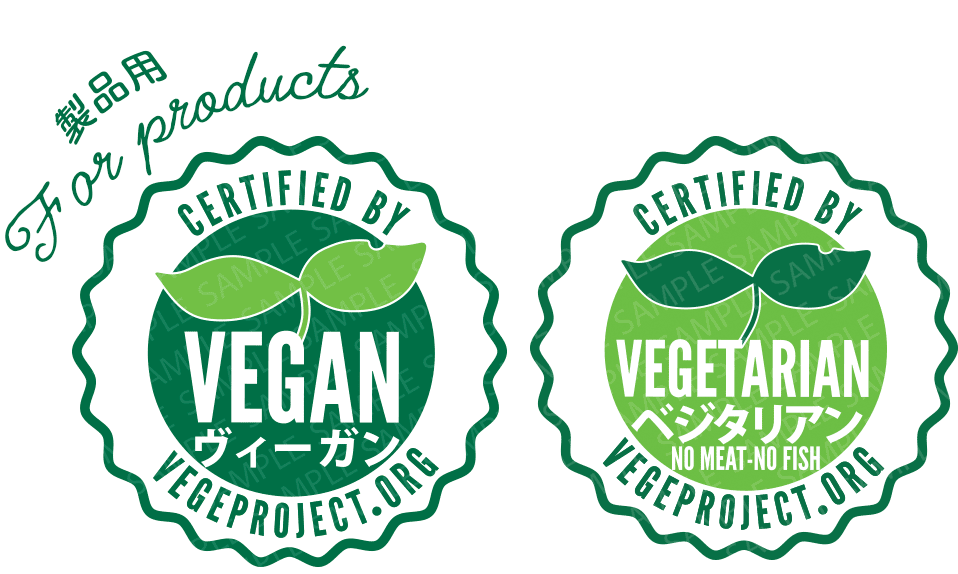
For Products
・Vegan certification:
For products complying with our vegan certification standards, as detailed below.
・Vegetarian certification:
For products complying with our vegetarian certification standards, as detailed below.

For Restaurants
Vegan certification:
For restaurants offering at least one main menu that complies with our vegan certification standards, as detailed below.
* Monochromatic and English-only versions of the vegan certification mark are also available.
Please feel free to contact us
if you are interested in applying for our certificate or any questions via email (certification@vegeproject.org).
Please feel free to contact us
if you are interested in applying for our certificate or any questions via email (certification@vegeproject.org).
Why we think certification matters:
Merits of using our vegetarian or vegan mark:
Broadening your consumer base
With growing interest in sustainability, health, and animal welfare, there is a growing demand for vegan, plant-based, and vegetarian options domestically and internationally. Offering those opsions is a great way to reach not only interested parties but also those with whom they share your life, such as family, friends, and business partners.
On Demand Consultation
Suppose you have any questions about vegan, vegetarian, or plant-based products or services. In that case, VegeProject is happy to provide advice and consultation according to your situation, boosting your confidence in handling your business. Through our international business network, you will also be equipped with updated and accurate feedback on trends of vegans and vegetarians.
Advertising
VegeProject will promote the products and restaurants that have received a vegetarian/vegan certificate on our social media, VegeMap, and our news website VegeTime, reaching the vegetarian and vegan community directly. Also we share some opportunities with you to show the certified products at our related exhibitions and events, and give names of the certified products and restaurants to distributors and customers when requested.
Positive Branding
Vegan, plant-based, and vegetarian options are not only respectful of diversity but also friendly to human health, the global environment, and animals for the future of our planet. The vegan mark can also be a communication tool to show that you care about people and society.
Please feel free to contact us
if you are interested in applying for our certificate or any questions via email (certification@vegeproject.org).
Please feel free to contact us
if you are interested in applying for our certificate or any questions via email (certification@vegeproject.org).
Feedback
VOICE from vegetarians/vegans
“ When a product or menu has a vegan mark, it really catches my attention!
If it’s a product on the shelves I will most likely buy it, and if it’s on the menu of a restaurant I can feel secure when I order.
I have sent my request to several stores asking for them to introduce products that are vegan, and to companies asking them to mark their products as vegan.”
Aaya. F (Japan)
“I’m very happy when I see that a product or restaurant menu that is clearly labelled as vegan, and when I find one, I want to tell my friends about it!”
Mark. M (Australia)
“When a product or menu is certified as vegan, I can be sure that I can trust that store and restaurant. It helps a lot.”
Daniela. L(Mexico)
“Not only providing a vegan-friendly option, but also ensuring that the product is vegan with a vegan certification. When I see this, I can feel that the company deeply cares about their vegetarian and vegan customers.”
Masa. O(Japan)
Feedback /
VOICE from vegetarians/vegans
“ When a product or menu has a vegan mark, it really catches my attention!
If it’s a product on the shelves I will most likely buy it, and if it’s on the menu of a restaurant I can feel secure when I order.
I have sent my request to several stores asking for them to introduce products that are vegan, and to companies asking them to mark their products as vegan.”
Aaya. F (Japan)
“I’m very happy when I see that a product or restaurant menu that is clearly labelled as vegan, and when I find one, I want to tell my friends about it!”
Mark. M (Australia)
“When a product or menu is certified as vegan, I can be sure that I can trust that store and restaurant. It helps a lot.”
Daniela. L(Mexico)
“Not only providing a vegan-friendly option, but also ensuring that the product is vegan with a vegan certification. When I see this, I can feel that the company deeply cares about their vegetarian and vegan customers.”
Masa. O(Japan)
Please feel free to contact us
if you are interested in applying for our certificate or any questions via email (certification@vegeproject.org).
Please feel free to contact us
if you are interested in applying for our certificate or any questions via email (certification@vegeproject.org).
VegeProject Japan Vegetarian and Vegan Certification Standards
・Vegetarian certification:
Vegetarian products must use no ingredients including or derived from meat, fish, shellfish, insects, etc. All ingredients and their sub-ingredients are examined. Frying oil used must be vegetable oil that has not been used to fry meat, fish, shellfish, insects, etc. Alcoholic beverages must not use substances of animal origin as fining agents in their refinement and processing. Sugar in the ingredient list must not use bone char in the filtration and decolorization processes. Animal testing must not be conducted for the certified product. If there is a risk of cross-contamination with meat, fish, shellfish, insects, etc., due to the use of equipment that also processes these substances, this risk must be clearly indicated on the product packaging or menu, and appropriate cross-contamination prevention measures must be implemented.
Furthermore, our organization may implement additional requirements. These will be based on individual considerations, international judgments, and current trends, supplementing the previously stated criteria.
・Vegan certification:
Vegan products must use no animal-derived ingredients, including meat, fish, shellfish, eggs, dairy, honey, or any ingredient derived from these. All ingredients and their sub-ingredients are examined. Frying oil used must be vegetable oil that has not been used to fry animal-derived products. Alcoholic beverages must not use substances of animal origin as fining agents in their refinement and processing. Sugar in the ingredient list must not use bone char in the filtration and decolorization processes. Animal testing must not be conducted for the certified product. If there is a risk of cross-contamination with animal-derived substances due to the use of equipment that also processes these substances, this risk must be clearly indicated on the product packaging or menu, and appropriate cross-contamination prevention measures must be implemented.
Furthermore, understanding veganism as a lifestyle that aims to avoid animal exploitation, which includes but is not limited to their use for food, our organization may implement additional requirements. These will be based on individual considerations, international judgments, and current trends, supplementing the previously stated criteria.

